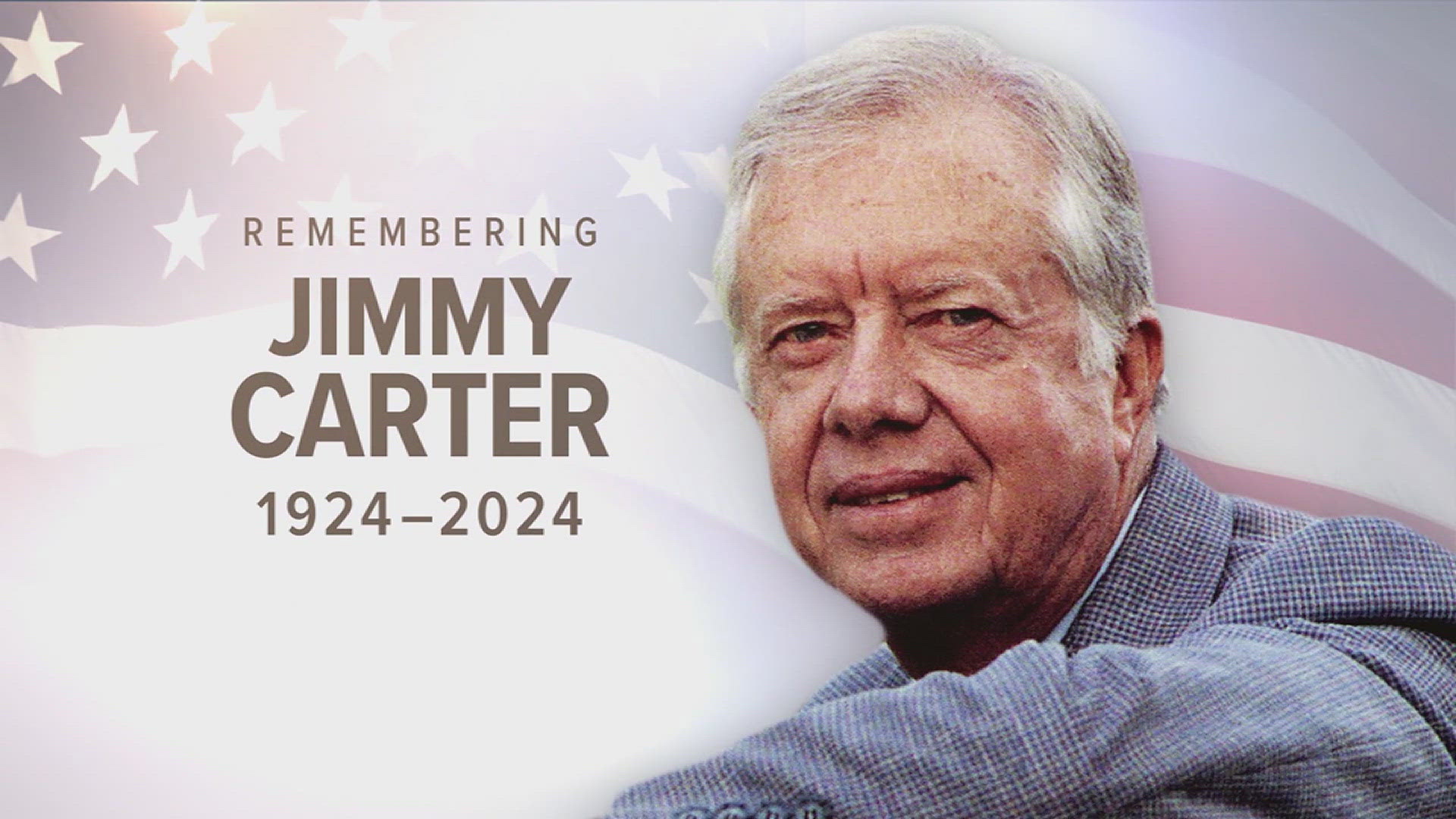(Akiit.com) Seeing one’s son, not as the next generational offspring, but rather as “competition” sets the stage for a toxic relationship.
Because fathers are supposed to discipline and guide their sons, it is incumbent upon fathers to be able to exemplify self-discipline and leadership. When fathers are undisciplined or scatterbrained, this causes their sons to see they can choose to emulate these behaviors or to try and avoid the same failed traits. When fathers are absent or mentally checked out of the father / son dynamic, this leaves sons to puzzle their own survival skills, direction, and life plan.
Some fathers actually see their sons competing for Mom’s time, love and attention. Later, these types of fathers view their sons’  successes as somehow up-staging Dad — showing him up. Narcissism in fathers is all too common in today’s America: Over half of our children come from divorced homes.
successes as somehow up-staging Dad — showing him up. Narcissism in fathers is all too common in today’s America: Over half of our children come from divorced homes.
Destructive Dads pass down their flawed insecurities and fears to their sons, sometimes knowingly, sometimes unaware. Narcissism’s biggest danger is the father-in- question’s ability to self-justify or rationalize their limited mental approach to the task of raising their sons in a positive, loving environment.
While healthy competition can breed success in some sons who are particularly strong, self-willed, determined and focused, it can destroy the resiliency and competitive spirit of other young males who develop later than others.
The father who gains his self-worth at the detriment to his son, is not a father figure at all. These kinds of fathers can become a roadblock or an unnecessary hurdle, impeding a child’s progress, that must be cleared and broken free from out of self-preservation. Not all Dad’s are father material, nor are all Dads given the all-important good parental examples they can learn from and then replicate with their own sons in the future.
Cycles of bad parenting on the father’s side have become the low standard “norm” in America today. Bad habits may be passed down from one parent to one son at a time, from generation to generation. True fathers inspire and nurture their sons’ abilities to become stand-up, do-right men who are faithful and accountable.
We sons observe our fathers in awe at first, because of the size differential. But as the luster of the bluster wears off, sons see exactly what kind of man their fathers are by the way they treat and care for the women in their lives – their wives, their sons’ mothers, other relatives.
While children don’t ever come with instructions, it is clear that far too many fathers check out of their sons’ relationship, and may check out of their marital relationship, too. When he leaves, the son becomes the frontline natural protector of the mother and assumes the job and responsibility that is supposed to be the father’s at a time that factors that contribute to the son’s capacity to respect others and himself are most at-risk.
We sons, who were forced to grow up too early, lose our childhood innocence because our fathers were not men enough to complete the jobs they started by becoming fathers in the first place. This can build bitterness and resentment that too many young, men who are still developing shoulders strong enough to lean on, are not prepared to deal with. All too often, the adult versions of these sons rain down their bitterness and resentment on the women and children in their lives. Passing down this flawed angry gene of uncontrollable rage, anger and physical violence are learned and emulated responses from over-exposure to their father’s lack of responsibility.
Anyone can be a dad for a day, but being a real father is a completely different challenge. So, when do the obligations on fathers to their sons end? In a perfect world, they end when each son turns eighteen and technically becomes his own man. For those who don’t know or didn’t experience their fathers in their lives, their experience can either make or break the sons permanently in their life-growth cycle.
No father has the right to pass down his anti-woman, sexist, racist, classist, chauvinistic tendencies. Yet, it is by their actions that this becomes exactly what they do, in an ever-expanding pattern of continuing to be a creator and the breaker of family circles.
All we can do as sons of absent fathers, is prepare ourselves for life as best we can with those positive male role models in our lives — our neighbors, family, friends or coaches — that we may be lucky enough to learn from. This means watching, but not repeating the existing poor examples and finding and charting our own course of self-discovery to manhood.
Otherwise, we run the risk of repeating the sins of the father in perpetuity. Turning to the heavenly Father can help, but ultimately the son’s future destiny to do and be better, is only located in one place: Within every son is a sense of self-worth, of right and wrong. A real Father is: Faithful, Accountable, Teaching, Helping, Every, Relationship.
Columnist; Sean C. Bowers









Leave a Reply